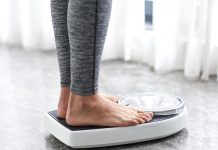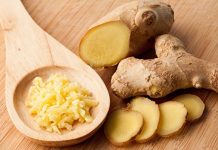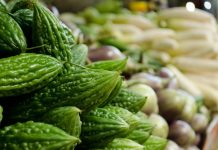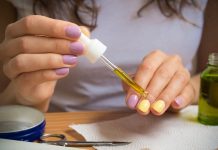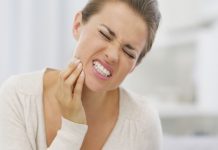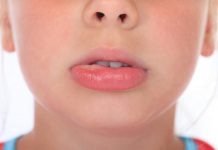Yeast infections are caused by an overgrowth of the common fungus, candida albicans. Candida can wreak havoc in the body. It can cause not only vaginal yeast infections, but also other health-related issues such as thrush, sinus infections and gastrointestinal problems.
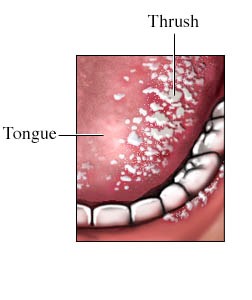 Fortunately, there are a few simple home remedies for yeast infections you can use to combat and prevent future outbreaks.
Fortunately, there are a few simple home remedies for yeast infections you can use to combat and prevent future outbreaks.
Yeast Infection Diet
Candida thrives on sugar in the body. The first step in treating a yeast infection is modifying your diet.
Eliminate refined sugars, such as those found in soda, bottled fruit juice, candy, cookies, and other sweet treats.
Also, try to cut back on natural sugars, at least until the infection subsides.
Avoid fruit, fruit juices, honey, molasses and other natural sweeteners. As challenging as this may sound, as a general practice, it is a healthy habit to develop. Foods high in sugar are typically also high in calories, but lack any real nutritional value.
You must also limit the amount of other carbohydrates you consume. Carbohydrates are broken down into glucose, a sugar, which is then used for energy in the body. While fighting a yeast infection, avoid starchy foods that are high in carbohydrates.
This includes all breads, cereals, pasta, rice, potatoes and other starchy vegetables. Instead, enjoy plenty of fresh vegetables, lean meats and dairy products. Dairy products like yogurt and cultured cheeses also have the added benefit of probiotics, or friendly bacteria which help control pathogens like candida.
Herbs for Yeast Infection
Herbs are plants that can be used as food, medicine or both. Many herbs even have natural anti-bacterial, anti-fungal and anti-viral properties.
However, treating a yeast infection does not mean you have to spend a fortune on exotic herbs or supplements at your local natural health food market. Some of the most potent medicinal herbs can be found in your own home or growing in your garden.
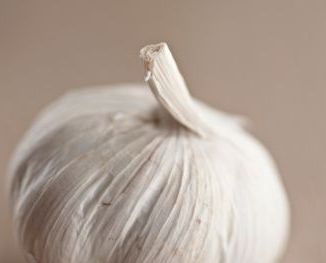 Garlic is a versatile herb that is commonly used as a natural antibiotic. During World Wars I and II, it was referred to as “Russian penicillin” and was used to treat post-battle injuries and infections.
Garlic is a versatile herb that is commonly used as a natural antibiotic. During World Wars I and II, it was referred to as “Russian penicillin” and was used to treat post-battle injuries and infections.
Its active ingredient, allicin, is a powerful anti-bacterial, anti-fungal and anti-viral substance.
For yeast infections, take 1 clove, crushed, up to 3 times per day. If you cannot tolerate raw garlic, combine it with food.
Other common household herbs with natural anti-bacterial and anti-fungal properties are rosemary, thyme and cayenne pepper.
Supplements for Fighting Yeast Infection
There are also certain dietary supplements which are important when fighting a yeast infection. Probiotics such as acidophilus and lactobacillus are the most effective against candida albicans. Research shows that these friendly-floras are potent infection-fighters.
While you may not have bottles of probiotics lying around the house, you might have some yogurt sitting in your refrigerator. Yogurt is a cultured dairy product that naturally contains probiotic bacteria such as acidophilus.
These supplements are also readily available not only at natural health food stores, but also at most pharmacies and supermarkets. Look for them in the vitamin isle.
Other important vitamins and minerals to consider when treating a yeast infection are B vitamins, vitamin C, magnesium and zinc, all of which are important in strengthening immune function.
Precautions
Although generally considered safe, many herbs and natural supplements may still interact with prescription or other over-the-counter medications.
Always consult your healthcare provider before using home remedies for yeast infections; and remember that complementary therapies should be used in conjunction with, and not in place of conventional medical care.
References
1. Clayton College of Natural Health – Herb Reference Guide )
2. Harvard Medical School – Health Benefits of Probiotics https://www.health.harvard.edu/)
3. Ray Sahelain, MD – Immune System Supplements (http://www.raysahelian.com)


